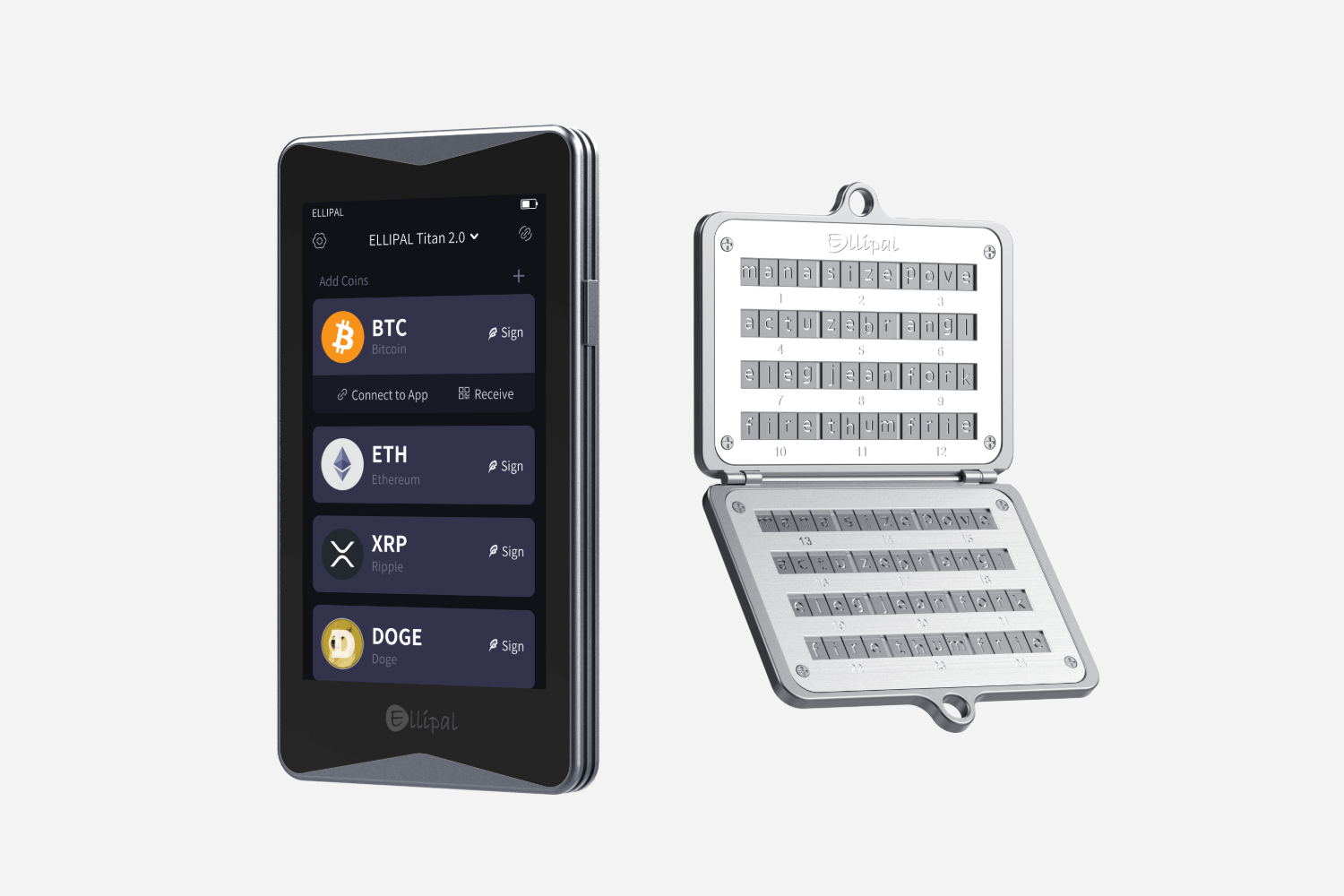In the rapidly evolving world of cryptocurrency, securing your digital assets is paramount. One of the most effective methods to achieve this is through the use of a cold wallet. But what exactly is a cold wallet, and why is it essential for cryptocurrency security?

What is a Cold Wallet?
A cold wallet refers to a type of cryptocurrency wallet that is not connected to the internet. This disconnection makes it significantly less vulnerable to hacking attempts and online threats. Unlike hot wallets, which are online and more convenient for frequent transactions, cold wallets prioritize security over accessibility.
Types of Cold Wallets
There are several types of cold wallets available, each offering unique features:
- Hardware Wallets: These are physical devices that store your private keys offline. Popular options include the Ledger Nano X and Trezor Model T.
- Paper Wallets: This method involves printing your private keys and public addresses on paper. While it is secure from online threats, it is crucial to keep the paper safe from physical damage.
- Air-Gapped Wallets: These wallets are completely isolated from any network. They often require manual data transfer, enhancing security.
Why Use a Cold Wallet?
Using a cold wallet provides several advantages:
- Enhanced Security: Cold wallets are immune to online hacking, making them a safer option for long-term storage of cryptocurrencies.
- Control Over Private Keys: With a cold wallet, you retain full control over your private keys, reducing the risk of third-party access.
- Protection Against Malware: Since cold wallets are offline, they are less susceptible to malware that targets online wallets.
Best Practices for Using Cold Wallets
To maximize the security of your cold wallet, consider the following best practices:
- Always keep your recovery phrases and private keys in a secure location.
- Regularly update the firmware of your hardware wallet.
- Consider using multiple cold wallets to diversify your asset storage.
"The best way to protect your cryptocurrency is to keep it offline." - Crypto Security Expert
Conclusion
In conclusion, a cold wallet is an indispensable tool for anyone serious about cryptocurrency security. By understanding the different types of cold wallets and implementing best practices, you can significantly reduce the risk of losing your digital assets. Whether you opt for a hardware wallet like the Ledger Nano X or a paper wallet, the key is to prioritize security in your cryptocurrency journey.
For more insights, check out this informative video on cold wallets and their importance.
References








